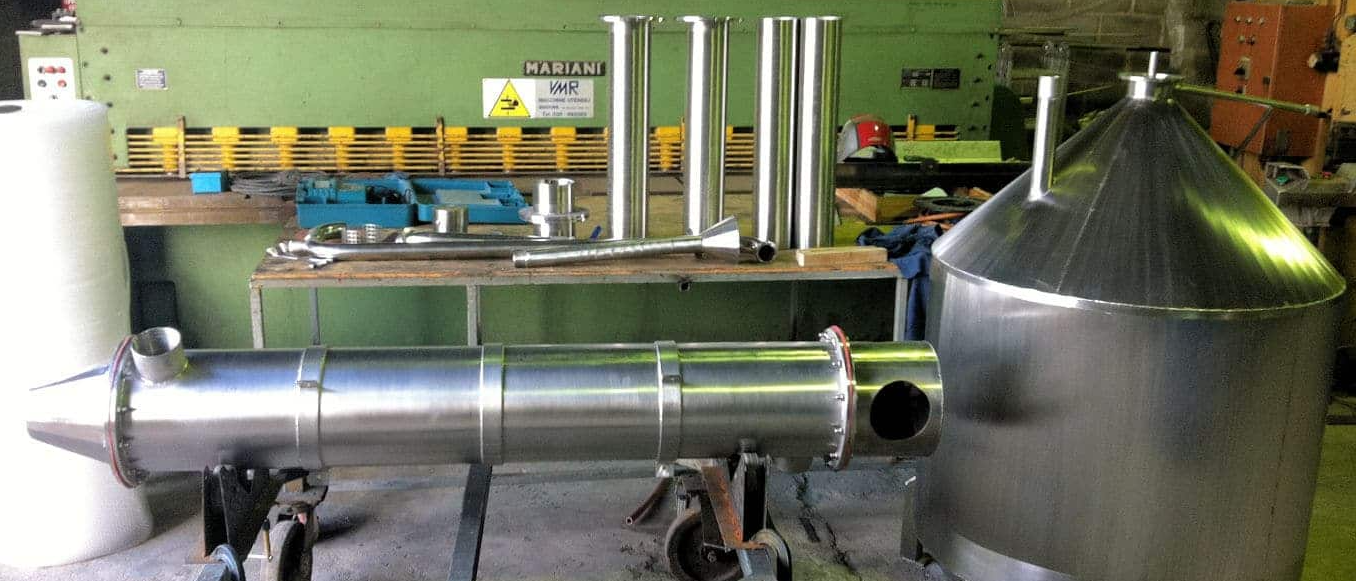Oil distilling is a process that involves separating oil from water. The process is similar to distilling alcohol, but with a few tweaks to the equipment and process.
With an essential oil distiller, the process of distilling oil is more complex than other forms of liquid separation because it requires heating the oil beyond its boiling point, which can cause additional problems.
Common Challenges with Oil Distilling Machines
There are several common challenges that can arise when using an oil distillation machine:
Unreliable performance:
The oil distillation machine is a complex device that requires a lot of maintenance and cleaning, so it is very likely to break down if not maintained properly. It will affect the production rate of the plant and lead to a reduction in profits.
Low quality products:
Oil distillation machines extract all the essential components from different kinds of plants and herbs, so it is important to maintain their quality during extraction. If you don’t use a good quality oil distillation machine, you may end up with low-quality products like non-essential oils. This can affect your business and make your customers unhappy with your product.
High energy consumption
Most oil distillation machines use electricity as their primary source of power and as such they require high amounts of energy to operate efficiently and produce good quality products at a reasonable rate. Therefore, if you want to save money on electricity bills and reduce emissions, it would be better if you use an electric motor instead of diesel engines for powering these machines. Also note that diesel engines are more expensive than electric motors and are also more prone to breaking down due to their complex design.
Inefficient distillation
The efficiency of your distillation system depends on the quality of your raw materials and the purity of your products in turn. If you are using impure materials, then it will result in low quality end products. Moreover, if you do not have a proper understanding of what is going to be produced from your oil distillation plant, then it can also affect the efficiency of your machine as well as its performance level.
Low output
A good quality oil distiller machine should have a high production rate so that it can produce more quantity in less time period. However, if your machine does not have this feature then it will become very difficult for you to achieve desired profit margins within a short span of time.
Complexity in Operation
The process of distillation is very complex and requires a lot of skill to operate properly. Even if you have a good understanding of the process, there is no guarantee that it will work for you. If you are not careful, you could end up wasting your precious oil or even start a fire in your kitchen!
Potential Health Hazards from Poorly Maintained Equipment
If your distillation machine has not been maintained regularly, it can cause serious health hazards for your family members and pets (if any). This is especially true if you are using old equipment or using it for commercial purposes. It may be difficult to determine whether the problem lies with the machine or with its maintenance protocol until it’s too late!
Conclusion
Making oil using a vapor distillation machine may seem like an easy process, but there are some common mistakes that can happen. It is important to know these mistakes and avoid them while making oil in order to make the most of the process.
The first thing you will want to do is find an oil distiller machine that will fit in your home and meets all the regulations for your local area. Once you have it, you can begin with home oil distilling.
Life is full of interesting experiences; you just need to recognize and learn from them. As such, having a distilling machine at home is another addition to the list of all the exciting things to do in life. If you are new to this, the things discussed in this article will be of help. These problems might seem unsolvable at first but, with the right approach, you will get over these issues faster than expected.
